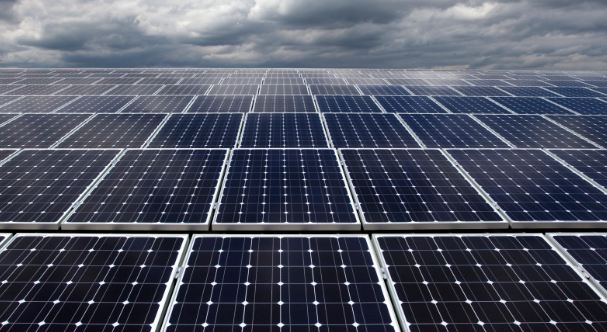Solar panels produce more electricity on days with lots of sunshine, but new buyers determined to buy one are unsure whether these function in cloudy weather. The answer is yes, but the amount will be 1/4th or less or more of their total capacity. Exact amount will differ depending on the clouds density as well as kind of solar panels.
How solar panels produce electricity on cloudy days?
Some panels are designed to capture broad range of solar spectrum. Capturing of more blue and red wavelengths, the solar panels can produce good amount of electricity, even when the sky is overcast.
UV rays reach the earth in abundance, when it is cloudy. Even at the beach people have experienced sunburn on a cloudy day.
What happens if solar panels fail to perform?
A single cloudy day does not make a difference in comparison to the abundance of sunrays received in a year. More production of electricity can be fed to your utility grid system. Grid-tied solar system is advantageous because during cloudy weather, your utility makes up the solar systems shortfall. While off-grid you can use the energy supplies saved in inverter batteries.
When you consider how solar power will help to save on electric bill then you will also have to look into how much sunshine your location gets in a year and not on any specific day. Net-metering allows the utility provider at how much electricity is generated by your solar panels in a year because they have to pay you.
Examples of cloudy locations that use solar energy efficiently
- Germany has successfully installed 25 Gigawatts of solar power, which is equal to half of the Globe’s supply.
- Oregon in Portland experiences dreary rainy winters, but over the year gets good amount of sunshine.
- Solar panels work more efficiently, when they are not very hot and this is the main reason that cloudy San Francisco generates more solar power in a year than hotter, sunnier city of Sacramento.
Clouds silver lining affect solar power production
While monitoring the power output, users have noticed a strange fact on a partially cloudy day. The power generated is more than it was on a sunny day. Cloud silver lining effect occurs when the sun moves past the clouds outer edge, thus magnifying the sunlight.
This intense light is responsible to amplify power output from the solar panels temporarily. This helps to balance the losses from complete cloud cover. Professionals select system components, which can endure the temporary power amplification of this nature.
If you live in a city, where the weather is partially cloudy often then you can select an extra-large solar inverter to make the most of these power boosts. To learn more visit our website.
Conclusion
Solar panels do work in cloudy weather, but its efficiency gets reduced substantially. In such situations, the on-grid solar system is helpful. An off-grid system includes a battery bank as well as a generator to supply electricity, when solar panels cannot. So, even if cloudy weather affects your power supply adversely, you can use on-grid electricity and carry your normal activities.










Comments are closed.